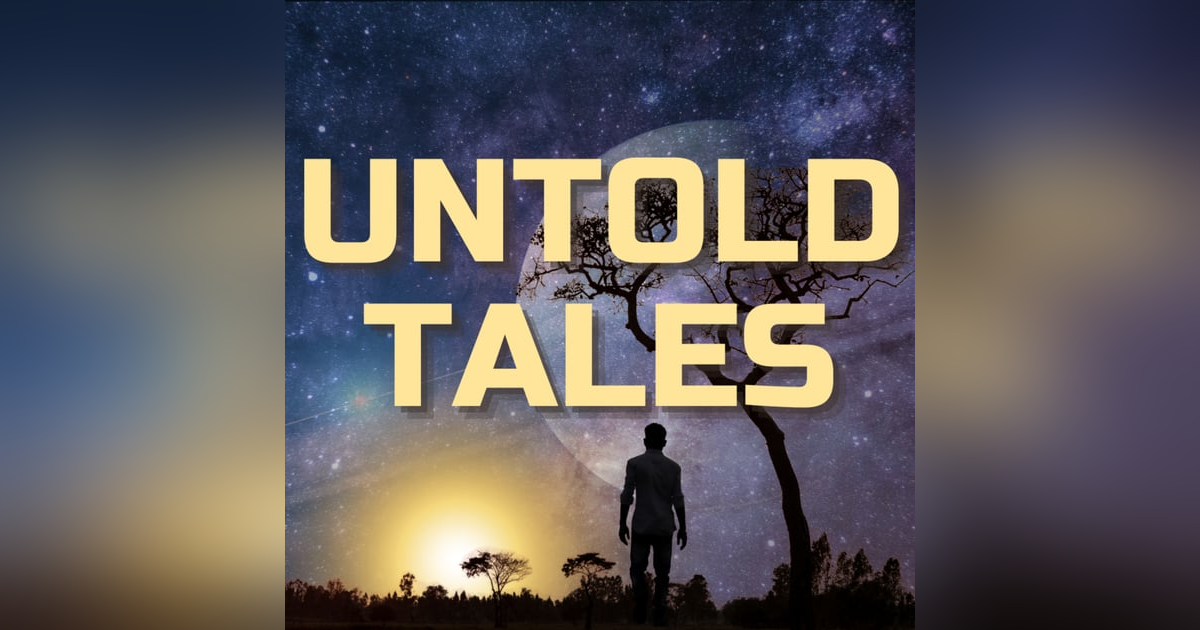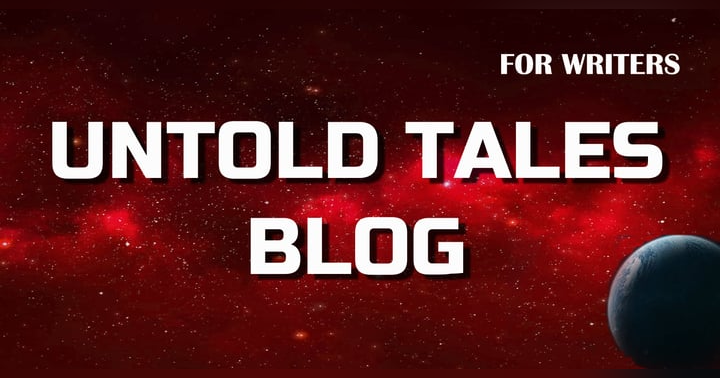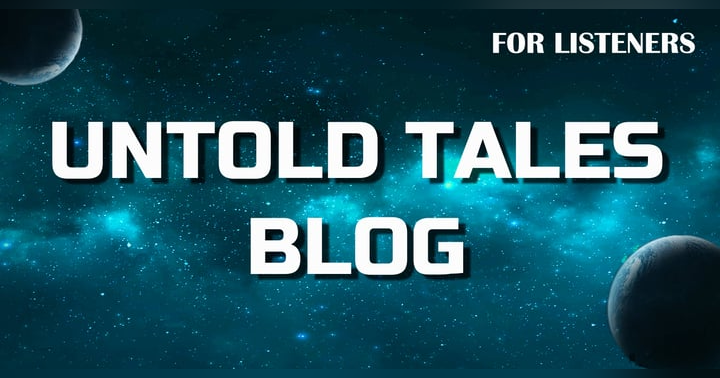Three Stories

Ask any author why they write and you may hear a joke about how God only knows or how they must be mad, that’s the only explanation. This is especially common with authors who are as yet unpublished but just can’t seem to give up the dream. Go on any writers forum and you’ll see posts about coffee addiction, obsessive compulsiveness with grammar, debates over semi colons and plenty of references to a partiality to wine (which one senses in many cases may be quite the opposite of an exaggeration). There’s a joke about trying to relax with a novel, pencil in hand, looking for typos; another joke about being interrupted when in the middle of a sentence, causing one to repeat the same word several times; and another about waking up in the middle of the night with a great idea, a winning line, but in the morning, on reading the said note, it is complete gobbledegook. I once talked with a fellow writer of mine about getting ideas for the next sentence of a story one is working on: the words suddenly pop into your head, but often at the wrong time. I mentioned that I tend to take a notebook and pen into the shower with me now, just in case; otherwise the only way to remember is to repeat the words to yourself over and over again until you get to your laptop, or at least to a scrap of paper and pencil. In agreement, my friend cited an occasion when she was doing just that, in a yoga class mumbling to herself until she could make an excuse to go out and jot it all down.
Having recently completed a book of short stories, I wanted to write something about the process by which a story is formed. For someone who doesn’t write, they may be interested that it’s often quite a process, quite a chore, much more complicated than simply putting pen to paper and writing away. Talking to other writers, some are planners, some just go with the flow; some write ten minutes a day, some write the whole thing at once (which is possible for an average short story length of three to five thousand words). However, the more I talked to other authors and the more I looked at my own collection, it struck me that for the purposes of an article such as this, it is possible to divide the creation of a short story into three categories (a generalisation I realise, but three is a magic number so why not?) So here we go, a division of three, and to keep it as simple as I can, I’ve chosen: the easy one, the hard slog, and the absolute total nightmare. Sounds about right.
So let’s start with the easy story. This is the one that just flows, the one you don’t even have to think about because it’s all there in your head, written already. For me this was a true story about a man I knew who used to see UFOs. I only knew him for a short time. Something happened to the man, something that filled me with emotion and the story burst out of me all in one sitting. Well, basically one sitting. I’d been in my front porch waiting for my wife and I was thinking about the man and putting his story together in my head. I took the laptop from my bag and began to write. I didn’t need to structure it because I was writing about events in the order I remembered them happening and the whole story had taken place in such a short amount of time that there wasn’t so much to write about. Also, because it was based on truth, I didn’t have to make it up. When my wife came out I was already a thousand words in, and as we walked into town I kept stopping on the way, adding sentence after sentence. I finished it in the perfume section of a department store about an hour later. Sure, most for the story had been true, but as any writer will know, no story is completely true (maybe a subject for another essay) and this isn’t the reason why the story was so easy to write. The reason is that this was the ‘easy story’ that happens sometimes; not always completed in one sitting – sometimes it takes a week or even a month, but it’s always easy. And I put this down to luck. You’re changing scenes and settings, conjuring up supporting characters like a ninja; the writing style comes to you immediately, never wavers, and you’re tapping away at the keyboard like Data from TNG.
Okay. Now for the hard slog. This is the story that takes almost as long to plan as it does to write. Maybe even longer. It is a slow, steady and successful process that takes time but is never as much trouble as the absolute total nightmare which we will discuss later. With the hard slog, you know what you’re doing; you know where the story is going and what you have to achieve. Sure, scenes may differ slightly from the original plan, and the plan may change as more doors open up, but you’re always on the right track, juddering along, wide-eyed and completely terrified that something may go wrong, working away, giving it all you’ve got. A particular story of mine that fell into the ‘hard slog’ category was one I worked on every day for a month in my lunch hour, sitting outside a nearby cafe in the sweltering heat of a subtropical summer; for some reason drinking hot tea at every sitting, worried that if I changed anything, then I’d hit a wall, lose the flow or get the dreaded writer’s block. I’d wake up in the middle of the night with ideas for the next scene. My life was all about that lunch hour. An hour a day when I was a time-travelling assassin in a world dominated by femme fatales, robots and flying cars. Going back to work was boring by comparison. My friends and family were neglected. I was addicted to that hot tea and escapism but my only wish was to finish the damned thing; finish it before something went wrong, and when I did, I breathed a sigh of relief, looked around and wondered what to do with myself.
So if you think that’s tough, you’ve never experienced the ‘absolute total nightmare’ story. Me? Well, I’ve had a few, and even a few is more than anyone should suffer. In my youth I’d probably have described such an experience as a complete and utter head****, but let’s stick to ‘absolute total nightmare’ here. You’re tearing your hair out, pacing the room, going back to the story again and again but something’s wrong, just out of reach, and you think you’ve got it … you give up and try to take a break, but then you pull up the file, staring at it again; you try something else, but no, that’s not it. It’s a story that haunts you. It’s like a puzzle to be solved but unlike most puzzles, this is not fun. To choose one example of mine, it was a story written in a ‘Clockwork Orange’ type prose about a cyberpunk girl turning into a robot. I’d watched a short movie on youtube that inspired me to write this, and a couple of days after watching the video, I got to work on the story, blurting out half of the first draft in a week. The prose needed a little touching up, but I was onto something, the story was working, it was good, it was going somewhere and then I hit a wall. Now as an experienced writer I know that when you hit a wall it’s because something’s not quite right with what you’ve written so far. Usually you’re heading in the wrong direction so you have to go back along the path, looking for which wrong turning you took. The problem was, I couldn’t for the life of me see where I’d tripped up. Plus, I knew where the story should be going, so I kind of finished it anyway. Big mistake? Maybe. Probably. Now I had two halves of a story that didn’t quite fit. The first half was far superior, far more natural. The second half was forced. So I took a break, wrote something else, then went back to it a couple of months later. I tried to fill in the middle. Then I rewrote the whole thing. Took a break. Read my rewrite and decided it was terrible. I went back to the original. Two halves that almost fitted together. I smoothed it out again. Then a beta reader suggested I turn the whole thing into a novella because there was much potential, it just needed more. It went from six thousand words to nine thousand, to twelve thousand. Scenes were written and discarded. The prose became overworked. It had lost that natural spark. I went back to the original. Anyway, you get the point. Absolute nightmare. It was only when another beta reader suggested I cut it right down (almost two years later) that I began to hack away and it began to take shape. I borrowed lines from the discarded, ‘deleted scenes’ and I hacked and moulded and operated and sanded. It ended up being the shortest story of the three I’ve described, but was by far the most work.
Unlike an article, a story is a thing of beauty. It is a jewel. Something you’ve created. But ultimately you have to let go – and when you do, it’s like a breakup because you were immersed in that world and the bond will never happen again. You’re now like a reader, looking at it from the outside. Stories are also like children; bring them up, feed them, nurture them, but one day they’ll have to be independent of you. On a recent webfeed, a writer was asking for advice over how to celebrate completing a story. Break open the champagne, one fellow writer said. A bottle of whisky, another one suggested. And then more messages came in. Stare into the oblivion. Say hello to your family and friends. Go for a long walk in the countryside. Start on the next one. Try to get it published, the real work starts here. Edit. Edit. Cry. Put it aside and come back to it later, you’ll be surprised at how much you want to change. Until it gets published, a story is never finished. To paraphrase the writer, Haruki Murakami: A short story can be written in a month, but amendments are endless. Like children, however, you have to let go and send them on their merry way.
So back to the three types of stories I’ve described. Of course there are blurs between the three categories. I once wrote a story in bits, scribblings in notebooks and it took me four months and another year of editing; but it was far from a nightmare; the words came easily, the editing was fun. And in the first, ‘easy story’ that I described about the man who saw UFOs, the story was competed in a couple of hours but the last line of the story took me a year to get right.
Currently I’m reading a book by Anton Chekhov, seen as the greatest short story writer of all time. I wonder which of his works came easily to him, which were the hard slogs and which were the absolute total nightmares. Suffice to say, the creation of a story is much more complicated that just coming up with an idea and putting pen to paper. So the next time you read a short story, think for a moment about how it was created. The answer may well surprise you.









